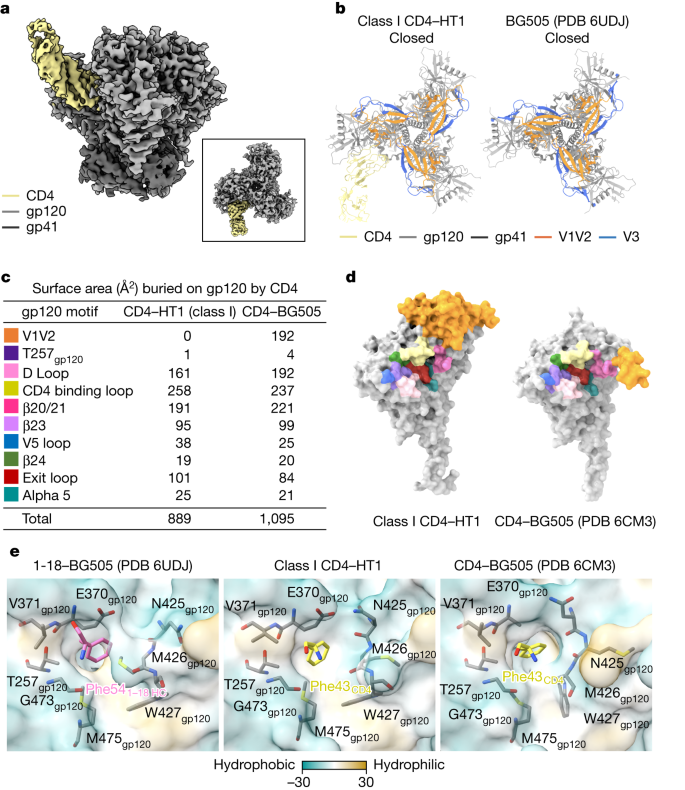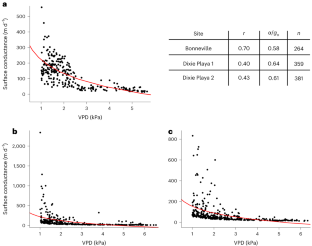2023-11-22 バッファロー大学(UB)
◆コフロス教授らの研究チームは、3つのオクトサンゴ種が熱波に耐え抜く能力を持っていると同定し、その中でサンゴ自体が熱に強いだけでなく、共生藻が保護者として機能している可能性を示唆した。これが未来のサンゴ礁にとっての手がかりとなり得る。
<関連情報>
- https://www.buffalo.edu/news/releases/2023/11/soft-coral-study.html
- https://www.science.org/doi/10.1126/sciadv.adj6788
何が勝者を作るのか?共生生物と宿主の動態がカリブ海のタコサンゴの白化に対する回復力を決める What makes a winner? Symbiont and host dynamics determine Caribbean octocoral resilience to bleaching
Mary Alice Coffroth,Louis A. Buccella,Katherine M. Eaton,Howard R. Lasker,Alyssa T. Gooding,and Harleena Franklin
Science Advances Published:22 Nov 2023
DOI:https://doi.org/10.1126/sciadv.adj6788

Abstract
Unlike reef-building, scleractinian corals, Caribbean soft corals (octocorals) have not suffered marked declines in abundance associated with anthropogenic ocean warming. Both octocorals and reef-building scleractinians depend on a nutritional symbiosis with single-celled algae living within their tissues. In both groups, increased ocean temperatures can induce symbiont loss (bleaching) and coral death. Multiple heat waves from 2014 to 2016 resulted in widespread damage to reef ecosystems and provided an opportunity to examine the bleaching response of three Caribbean octocoral species. Symbiont densities declined during the heat waves but recovered quickly, and colony mortality was low. The dominant symbiont genotypes within a host generally did not change, and all colonies hosted symbiont species in the genus Breviolum. Their association with thermally tolerant symbionts likely contributes to the octocoral holobiont’s resistance to mortality and the resilience of their symbiont populations. The resistance and resilience of Caribbean octocorals offer clues for the future of coral reefs.


